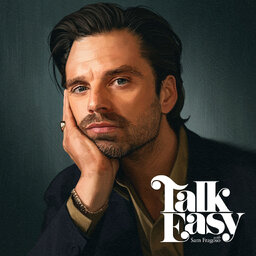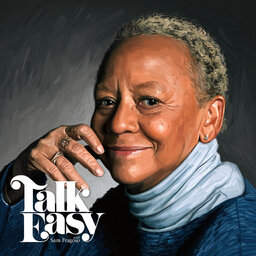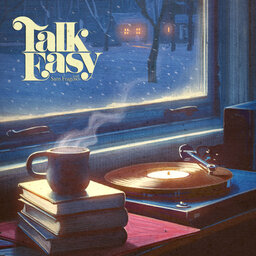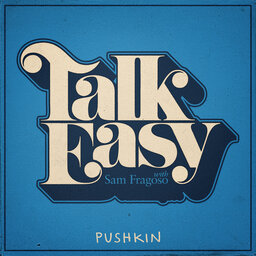Talk Easy’s 2023 Mixtape
As we say goodbye to 2023, a collection of passages from some of our favorite episodes of the year. Featuring journalist and podcast host Sam Sanders on the stories of the summer (4:10), director and actor Natasha Lyonne on being a child actor in New York City (18:42), the Stanley Kubrick film that propelled Tom Hanks into performing (28:55), critic Hilton Als on the late Joan Didion (41:45), novelist Zadie Smith on the politics of writing (52:15), and to close, a tribute to the late Norman Lear (1:15:00).
For questions, comments, or to join our mailing list, reach me at sf@talkeasypod.com.
In 1 playlist(s)
Talk Easy with Sam Fragoso
Talk Easy with Sam Fragoso is a weekly series of intimate conversations with artists, activists, and…Social links
Follow podcast
Recent clips

The Year of Actor Sebastian Stan (‘The Apprentice’)
1:16:35

Remembering Poet Nikki Giovanni
44:21

Talk Easy in 2024: A Mixtape
58:40
 Talk Easy with Sam Fragoso
Talk Easy with Sam Fragoso